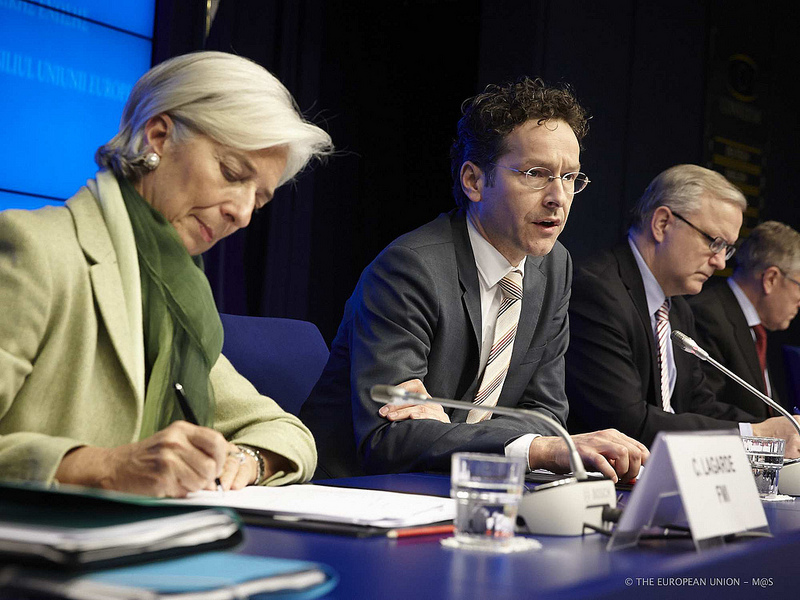
The third phase of the Euro crisis
At the Spring European Council on 14/15 March 2013 the perennial issue of economic growth and jobs once again took centre stage. The President of the European Commission, José Manuel Barroso, stated on Twitter that “Things are better than one year ago, but growth still worrying and unemployment unacceptable.” Mr Barroso is not the only top European politician who highlights the dire social situation in the crisis-ridden countries. In the margins of the European Council Jean-Claude Juncker, the Prime Minister of Luxembourg, warned of a “social revolution” that might result from the harsh austerity measures in Southern Europe.

Deepening Democracy in Europe: Participatory budgeting is a solution to the austerity vs democracy conundrum
In its mission statement the Global Commission on Elections, Democracy and Security points out that while elections are vital to democracy, on their own they are not sufficient. According to, “Deepening Democracy”, a recent report, elections also need integrity. They are right. But elections are insufficient in at least another respect too. Democracy is not limited to casting a ballot once every four or five years; the nature of democratic government also manifests itself in the period between elections. This is best exemplified by the current sovereign debt crisis in the Eurozone.










